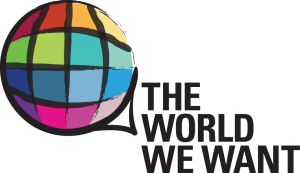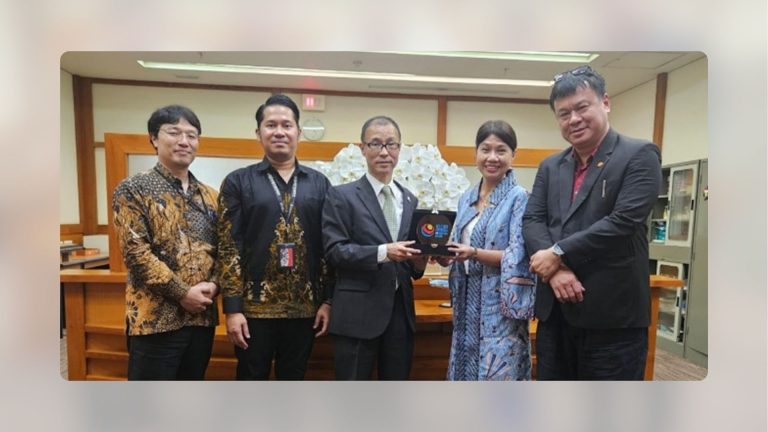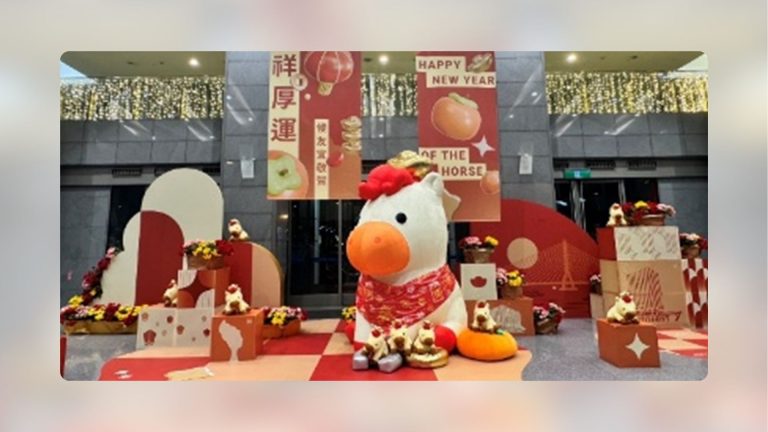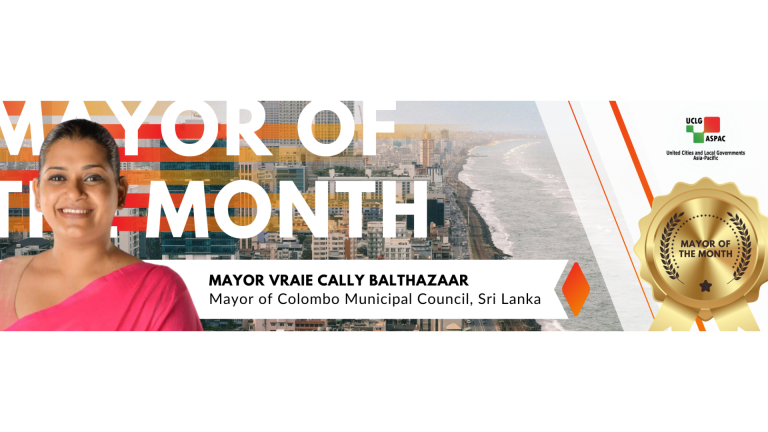As part of the global discussion on the Post-2015 Development Agenda, the UN launched in April 2014 a new round of global consultations on the “means of implementation”, i.e. how the Post-2015 Agenda will be implemented.
Six themes have been proposed through the consultation: Localizing the post-2015 agenda; Participatory Monitoring for Accountability; Partnerships with Civil Society; Engaging with the Private Sector; Helping to Strengthen Capacities and Build Effective Institutions; and Culture and Development.
The proposed consultation on the “Localization of the post 2015 agenda” is co-lead by UNDP, UN Habitat and the Global Task Force of Local and Regional Governments (GTF).
The consultation process includes:
- E-discussions (from May 19th to July 18th) through the webpage forum: http://www.worldwewant2015.org/localising2015.
- National and local dialogues in 15 countries (from May to July).
- Regional and Global dialogues and events.
- A final International Event (October) to present the final results.
The findings of this consultation will be finally presented to the UN Secretary General, Ban Ki-moon, to inform the post-2015 development framework.
Your participation will be critical to influence the global post-2015 negotiation process and to strengthen the recognition of the role of local and regional authorities in the implementation of the Post-2015 Agenda.
For action
Participate in the e-discussions by posting messages and experiences to help localize the Post-2015 Development Agenda.
We encourage you to actively participate in the 50 focus countries where the different consultations will take place, particularly in the 15 countries focusing on “Localizing the Post-2015 Agenda”. More information can be found in the dedicated webpage for localizing 2015 on the UN World We Want platform. Contributions can also be made via Twitter using the #localizing2015 hashtag.
In the coming week, UCLG will provide some guidance on how local and regional governments can actively contribute to the debates during the consultation process.
Source: the UCLG World Secretariat











